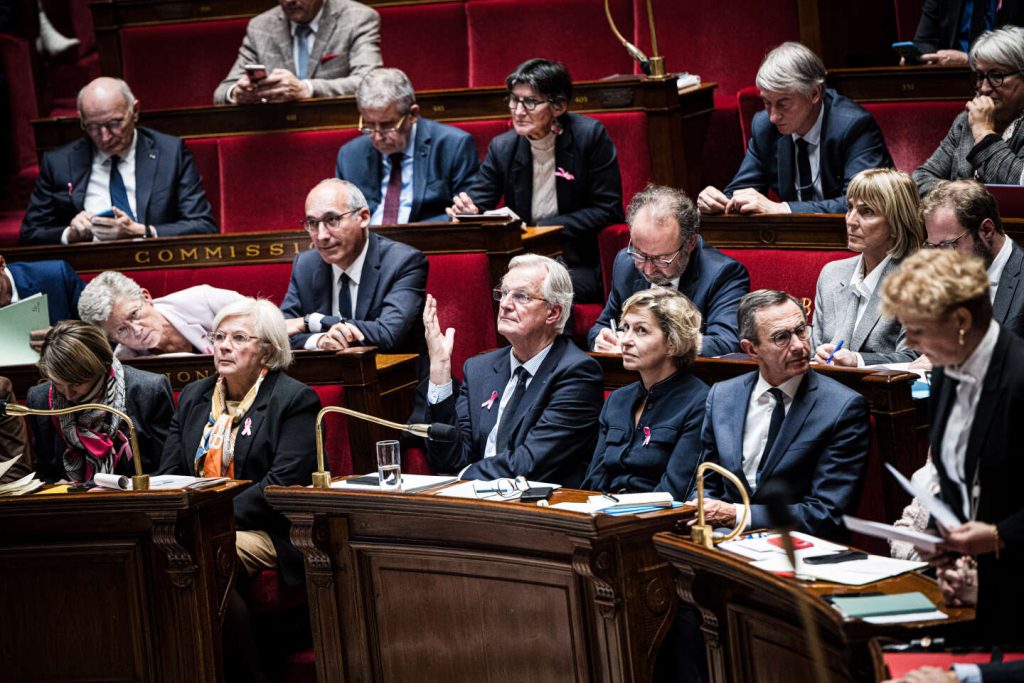In his general policy speech at the National Assembly in Paris on October 1, 2024, Prime Minister Michel Barnier responded to the speech of the president of the RN group. The agreement between Gabriel Attal and Laurent Wauquiez to share key positions in the National Assembly was openly broken on October 9th, marking a new fracture between the former allies. The standoff between the presidents of the EPR and Droite Republicaine groups cost the Macronists the presidency of the economic affairs committee, which was won by Aurélie Trouvé from La France Insoumise. This clash raised concerns at Matignon, especially as the budget challenge loomed.
Despite reaching a lucrative agreement this summer to secure key positions, Gabriel Attal and Laurent Wauquiez ended up at odds, with LR feeling underserved and unsure about obtaining a vacant vice-presidency. The Macronists were trying to retain the presidencies of the economic affairs, foreign affairs, and social affairs committees, but the right presented two candidates for the economic and foreign affairs committees, resulting in a showdown. This culminated in LR members abstaining and even voting for Aurélie Trouvé, to the delight of RN, who criticized LR’s weakness in the face of LFI.
During a meeting of the EPR group later that day, Gabriel Attal denounced Laurent Wauquiez’s “sinister” plan and a sequence that undermines trust between the two camps. Meanwhile, LR criticized the Macronists for their greed in holding five committee presidencies while LR had none. These turbulent events were seen as part of Wauquiez’s ambitions for 2027, which some believe could lead to LR exiting the government. The threat of a censure motion was also raised, with some members expressing readiness to support it.
The tensions were not limited to the right, as alliances on the left also faced challenges. The election for the presidency of the social affairs committee, in particular, highlighted internal disputes within the New Popular Front (NFP). A candidate opposed to LFI was chosen over his comrade, leading to protests and mixed voting patterns. These tensions reflect broader conflicts within the political landscape as parties jockey for position and power. Overall, the political climate in France appears to be increasingly polarized, with shifting alliances and rivalries clouding the path forward for the government.
In the midst of these political maneuvers and power struggles, the newly elected president of the economic affairs committee, Aurélie Trouvé, expressed her honor at leading a commission covering strategic topics such as agriculture, energy, and housing. She acknowledged the result as reflecting the will of the French voters in the recent elections. The tensions and conflicts within the political establishment are likely to shape the government’s agenda and decision-making processes in the coming months, as various factions vie for influence and control. The political landscape in France remains fluid and unpredictable, with shifting alliances and rivalries complicating the path towards effective governance.


